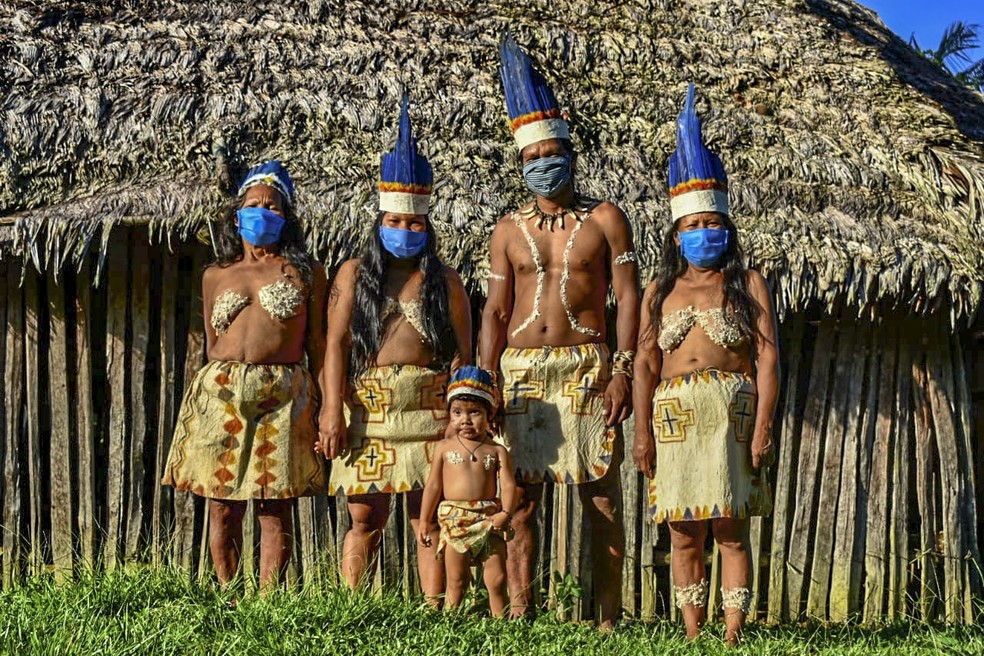RIO DE JANEIRO, BRAZIL – The Ministry of Health (MS) yesterday, September 11th, announced an additional injection of R$125 million (US$25 million) to tackle Covid-19 in the indigenous territories. The announcement was made by the Special Secretary of Indigenous Health (SESAI), Robson Santos da Silva, during an online meeting with international organizations and foreign governments’ representatives.
A total of 775,898 indigenous people are served, spread across 5,852 villages, of 305 ethnic groups, and speaking up to 274 languages. At the same meeting, the Ministry of Health reported that 24,650 cases have been confirmed, 18,958 have recovered, and 401 have died in indigenous territories.
Among the initiatives undertaken by the Ministry, are the setting up of indigenous primary care facilities exclusive for Covid-19; the provision of additional resources to Indigenous Special Sanitary Districts for the purchase of supplies, equipment, tests, and personal protection equipment (PPEs); the local promotion of campaigns on the prevention of coronavirus, culturally suited to each region; and the hiring of flight hours and flight ICUs for prompt transport of critically ill patients to specialized facilities.

The Ministry claims there are 14,000 professionals in the field to perform these tasks. Of these, 60 percent are indigenous. Before entering the villages, these professionals undergo a Covid-19 test.
Representatives of international organizations such as the World Health Organization (WHO), the United Nations (UN), the United Nations Children’s Fund (UNICEF), the Amazon Cooperation Treaty Organization (ACTO), and the Pan American Health Organization (PAHO) took part in the meeting, as well as representatives of foreign embassies such as the United States, Norway, and Canada.
Source: Agência Brasil

